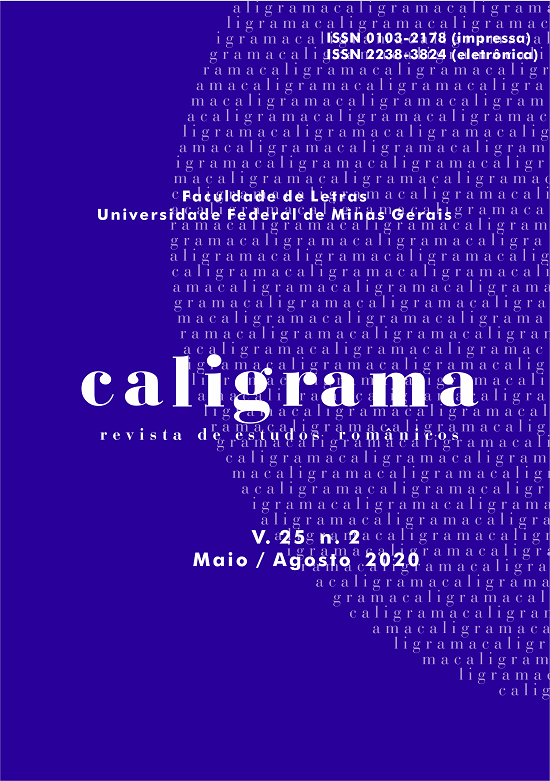Vigor e naufrágio: a modernidade ambivalente de Arthur Rimbaud / Vigor and Shipwreck: Arthur Rimbaud’s Ambivalent Modernity
DOI :
https://doi.org/10.17851/2238-3824.25.2.133-147Mots-clés :
Rimbaud, modernidade, Baudelaire, ambivalência, vigor, naufrágio, modernity, ambivalence, shipwreck.Résumé
Resumo: Este artigo pretende discutir a famosa afirmação “Il faut être absolument moderne” (“Devemos ser absolutamente modernos”), feita por Arthur Rimbaud, no poema final de Une saison en enfer. Para tanto, analiso, além do referido poema, trechos das célebres “Lettres du voyant”, endereçada por Rimbaud a Paul Demeny em maio de 1871, e do poema “Le bateau ivre”. Em diálogo com teóricos que se ocuparam do conceito de modernidade e seus paradoxos, em especial Antoine Compagnon e Henri Meschonnic, procuro demonstrar que o discurso de Rimbaud sobre o moderno é essencialmente ambivalente, revelando menos uma pretensa antecipação da doutrina vanguardista do novo que o impasse sem solução no qual se inscreve a obra do poeta de Charleville. Tal impasse é apresentado no artigo a partir das imagens do vigor e do naufrágio e de um breve esboço de comparação com a poética de Baudelaire, representada em especial pelo poema derradeiro de Les fleurs du mal, “Le Voyage”.
Palavras-chave: Rimbaud; modernidade; Baudelaire; ambivalência; vigor; naufrágio.
Abstract: This article aims to discuss the famous statement “Il faut être absolument moderne” (“One must be absolutely modern”), made by Arthur Rimbaud, in the final poem of Une saison en Enfer. To that end, I analyze, in addition to the aforementioned poem, excerpts from one of the famous “Lettres du voyant”, addressed by Rimbaud to Paul Demeny in May 1871, and the poem “Le bateau ivre”. In dialogue with theorists who dealt with the concept of modernity and its paradoxes, especially Antoine Compagnon and Henri Meschonnic, I try to demonstrate that Rimbaud’s discourse on modernity is essentially ambivalent, revealing more the impasse without solution in which the work of the poet of Charleville is inscribed than an alleged anticipation of the avant-garde doctrine of the new. The article presents this impasse without solution based on images of vigor and shipwreck and a brief sketch of comparison with Baudelaire’s poetics, represented in particular by Les Fleurs du mal’s ultimate poem, “Le Voyage”.
Keywords: Rimbaud; modernity; Baudelaire; ambivalence; vigor; shipwreck.





